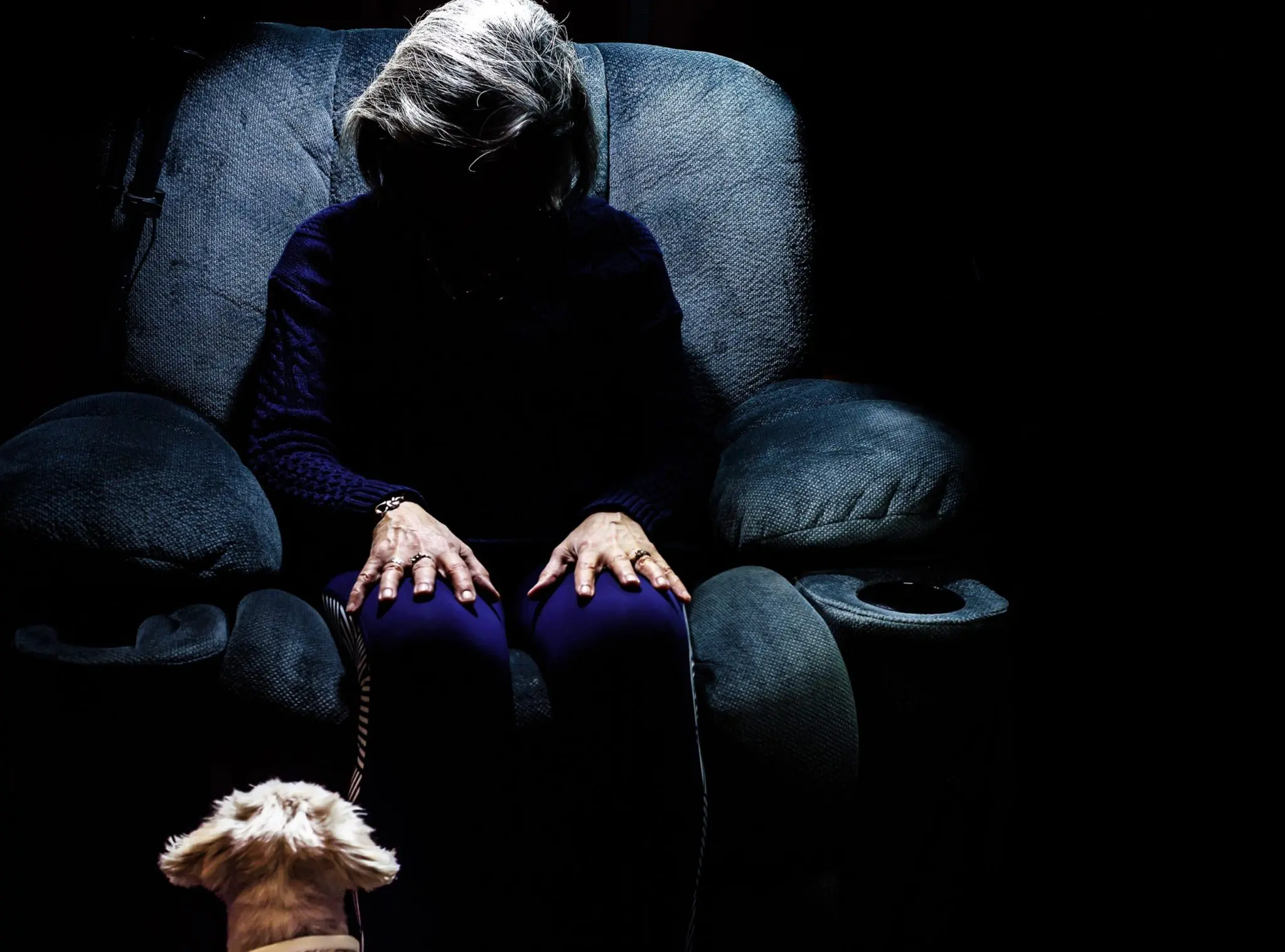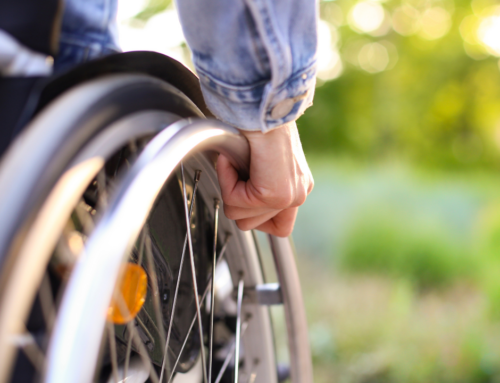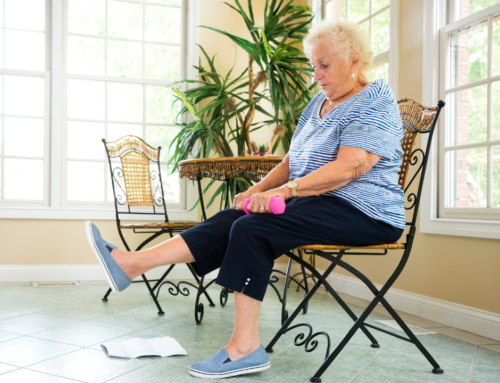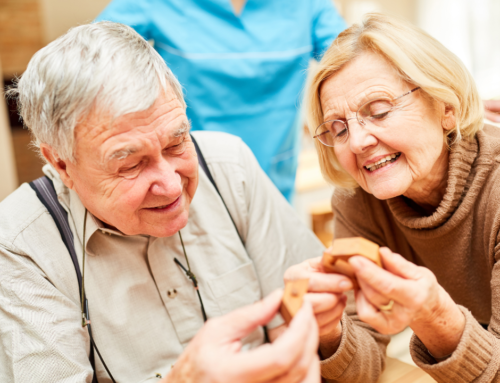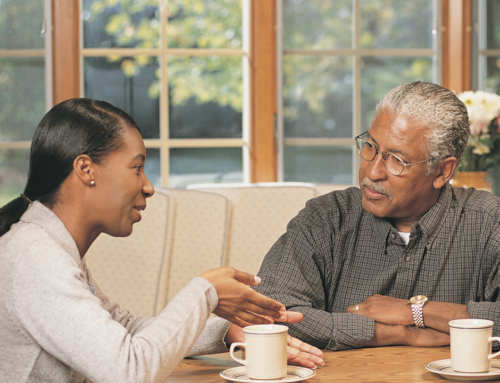Social isolation remains a concern when it comes to seniors in America, and the global pandemic increased the feelings of loneliness many older individuals experience. People may not recognize the seriousness of this problem, but seniors who are lonely become more at risk of dementia or another serious medical condition.
The National Academies of Sciences, Engineering, and Medicine reports more than 33 percent of adults over the age of 45 state they experience loneliness. Approximately 25 percent of adults who are 65 years of age or older say they are socially isolated. Living alone, the demise of family and friends, a long-term illness, and the loss of their hearing contribute to this problem. An independent living community may be of help in combating these issues.
Loneliness and social isolation serve as two different concerns. Many people feel lonely even when they are surrounded by other people. In contrast, social isolation results from a lack of interaction with others. Social isolation often brings about loneliness, and a person may find they are lonely while engaging with others socially. Why is this of concern?
Loneliness and the Accompanying Health Risks
People become more at risk of significant health problems whether they are lonely or socially isolated. In fact, research shows a person becomes more at risk of premature death from all causes when they lack social interactions. This risk rivals the risk of health conditions seen with men and women who smoke, are obese, or remain physically inactive. Furthermore, a person who remains socially isolated has a 50 percent higher risk of suffering from dementia.
Any senior who is lonely or socially isolated becomes more at risk of heart disease and stroke. Their risk of heart disease rises by 29 percent while their risk of stroke goes up by 32 percent. Depression, anxiety, and suicide become more commonplace among individuals who are lonely, and lonely men and women suffering from heart failure are four times more likely to die than those suffering from heart failure who have a good support system. Furthermore, their risk of hospitalization goes up by 68 percent and emergency room visits go up by 57 percent.
Where to Find Help
Speak to your medical team if you feel lonely or socially isolated. They connect people with community resources to reduce the risks associated with these conditions. AARP serves as an excellent place to start connecting with others and improve the senior’s quality of life. Area Agencies on Aging function throughout the United States to help seniors. They offer programs, support for caregivers, and more.
What Can You Do If You Are Experiencing Loneliness?Your doctor can assess your risk for loneliness and social isolation and get you connected to community resources for help if needed. The following national organizations also offer helpful resources:
Turn to Eldercare Locator if you need caregiving services, financial support, and more. They also connect seniors with volunteer opportunities and activities to ensure they stay engaged with others. The National Council on Aging provides programs and support for seniors, including ones on financial security and healthy eating habits.
The National Institute of Aging serves as a great resource for materials on loneliness and social isolation. Seniors, health care providers, and caregivers benefit greatly from this information. The site offers a range of materials in different formats.
Interventions
Most people enjoy being around others and may benefit from assisted living for this reason. When they have high-quality relationships, they live longer and are healthier. Health care providers can be of great help in identifying lonely seniors and the associated medical conditions. The majority of seniors 50 years of age and older interact with one or more medical professionals at some time. In fact, this may be among the few social interactions they have. For this reason, clinicians need to remain alert to potential signs of loneliness or social isolation.
Health care professionals should regularly examine seniors and speak with them to detect signs of loneliness and social isolation. If they see these signs, they should connect the seniors to community resources. Clinicians find they have several tools to use during this assessment, including the Berkman-Syme Social Network Index.
Ultimately, the seniors must decide how much social interaction they are comfortable with. Some individuals enjoy spending time alone while others hate it. Every older adult should be permitted to choose the level of engagement they desire, as they need to have control over their lives.
About Cypress Court:
Individuals who love all that San Diego has to offer will enjoy living at Cypress Court. They feel as if they belong from the moment they walk through our doors and enjoy the beauty of our surroundings. We function as a family, from the residents to the staff members here to serve them.

